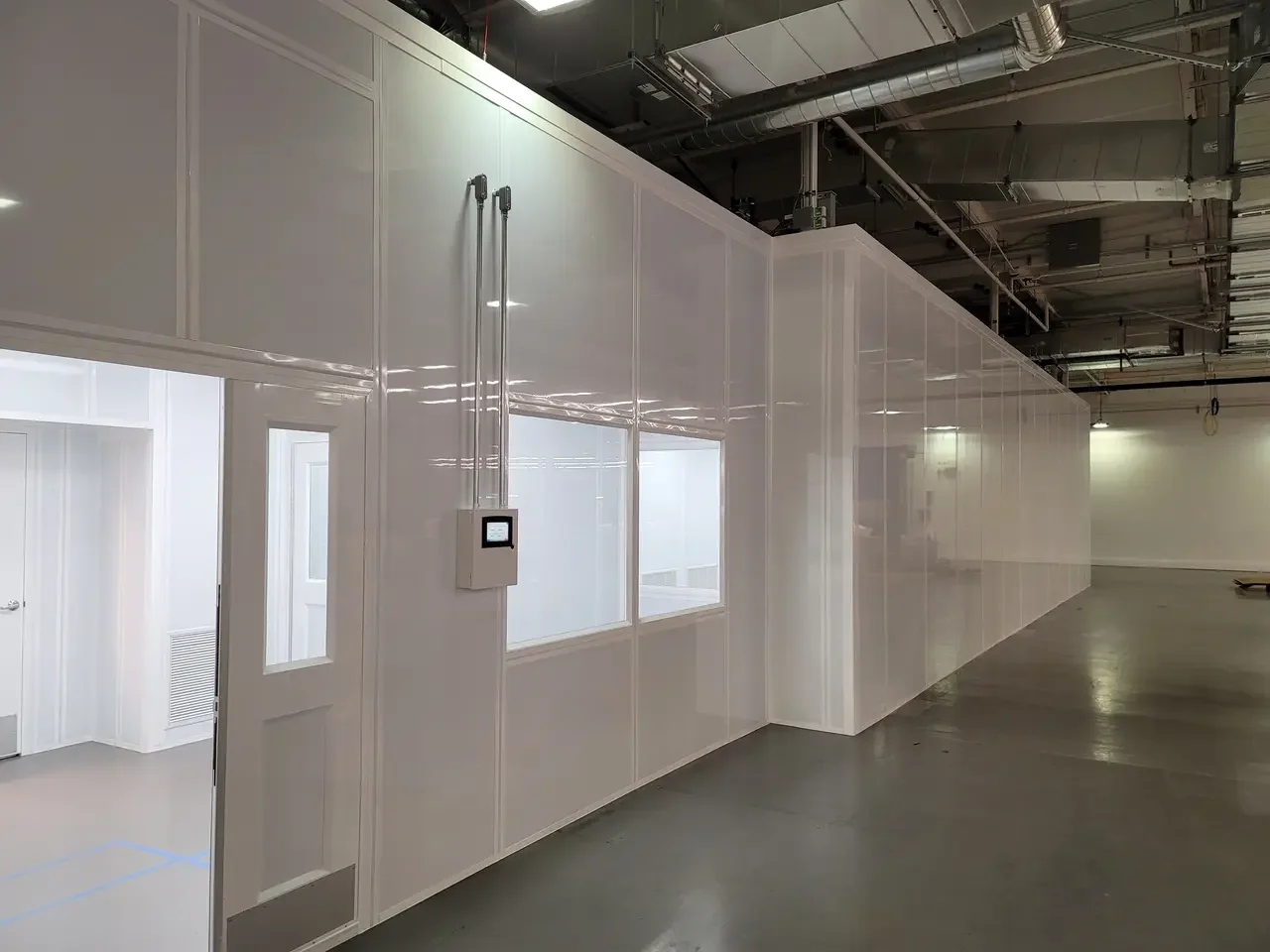Why Modular Design Is Essential in Cleanroom Construction?
In industries where contamination control is critical, every decision in clean room design matters. One of the most important trends shaping the industry today is modular design. By using prefabricated, reconfigurable components, modular clean rooms provide businesses with flexibility, scalability, and long-term efficiency that traditional construction can’t match.
What Is Modular Design in Clean Rooms?
Modular clean room design relies on prefabricated wall panels, ceilings, and other components that can be assembled quickly and adapted over time. Think of it as a precision-engineered puzzle—each piece fits seamlessly but can also be replaced or rearranged as needs change.
This approach ensures:
Customizable layouts to fit specific industry needs
Scalability for future expansion
Reduced waste for more sustainable construction
By moving away from traditional stick-built methods, modular clean rooms give businesses the adaptability they need to keep pace with changing industry demands.
Flexibility to Adapt as Needs Change
Flexibility is one of the greatest advantages of modular clean room design. Facilities can be expanded, reconfigured, or repurposed quickly—without the downtime or expense of major renovations.
For example, a pharmaceutical manufacturer may need to increase production space for a clinical trial and later repurpose that same area for packaging. Modular construction makes these transitions seamless, keeping operations efficient and compliant.
Cost Savings Over the Long Term
While modular construction may appear to have a higher initial cost, it typically leads to significant long-term savings. Benefits include:
Lower labor costs due to faster installation
Less material waste thanks to prefabrication
Fewer construction delays and budget overruns
By reducing both upfront and ongoing expenses, modular clean room design is a financially sound investment for companies focused on efficiency and compliance.
Faster Construction and Deployment
Speed is another major advantage. Since modular clean room components are manufactured off-site, on-site assembly is significantly faster than traditional construction. This means:
Quicker time-to-market for products
Reduced downtime for existing facilities
More predictable project schedules
For industries where deadlines are critical—such as biotech, electronics, and aerospace—faster deployment can be a decisive competitive advantage.
Simplified Maintenance and Upgrades
Maintenance is easier with modular clean room design. Instead of halting operations for extensive repairs, individual panels, windows, or systems can be swapped out with minimal disruption.
This approach:
Minimizes downtime during maintenance
Keeps facilities compliant with less effort
Extends the lifespan of the clean room infrastructure
By simplifying maintenance, businesses avoid costly interruptions and ensure continuous productivity.
Conclusion: The Value of Modular Design in Clean Rooms
Incorporating modular principles into clean room design offers unmatched flexibility, faster construction, cost savings, and easier maintenance. For businesses that depend on contamination control, modular design provides a future-proof solution that grows and adapts with evolving needs.
At Cleanroom Specialists, we specialize in modular clean room design that meets ISO standards and industry compliance. Contact us today to discuss how we can help design, expand, or upgrade your clean room at [www.cleanroomspecialists.com.](https: www.cleanroomspecialists.com/modular-cleanrooms)

